A piece of string walks into a bar and orders a beer. The bartender says, "sorry we don't serve strings." The string leaves, ties and tussles himself up, goes back into the bar and asks for that beer. The bartender says, "hey aren't you that string?" And the string replies, "I'm a frayed knot."
And that is exactly how the Democratic primary can be sized up after the Iowa debacle; a bad joke with the candidates all bunched up in knots, voters nerves and trust frayed, candidates' messages looped all over each other, and the party's solidarity hanging by a thread.
In the 30 years of being a political lackey and junkie, I have successfully predicted the presidential elections of Bill Clinton, Barack Obama, and even Donald Trump (Al Gore did win the popular vote!). And this year, I don't recall a more unpredictable, turbulent and undecisive presidential Democratic primary -- and one that is likely to get even more volatile.
Is the Iowa Democratic caucus a harbinger to what's ahead for the candidates and us? A delayed winner indicative of the fact that no one is going to run away with the nomination? Or, be able to claim a legitimate outright victory in any primary? And voters questioning the accuracy and integrity of all the final results? Will we have to endure a brokered convention, where a fist fight among the last remaining candidates and delegates clumsily picks the nominee? Are we a broken party, in a year in which we need absolute solidarity?
For the Democrats, there is no shining star, no clear-cut momentum of solidly-branded winner, and no path for any of the candidates to speed toward victory. The candidates, and their messages and public relations strategies, all tied up in knots.
First, why I knew Trump would win. As crudely and bluntly as I can put it, and on a purely psychoanalytical, subconscious and a public relations level, I sensed that many men, and some women, in predominantly middle and southern America had enough of a black man telling them what to do for eight years. So, what could be worse than that? An older woman, feminist and controversial, with a history of speaking her mind, telling this same closed-minded demographics what do after eight years of a black man. That's why I predicted Trump, with apologies for anyone who might be offended, but I think I've been proven right with all the racist and sexist vitriol from Trump and his base during the last three years.
It's too early and too muddled to predict a winner for 2020. But before a winner can be chosen, the Democratic voters need to figure out what direction they want, consider the disparate as well as overlapping messages of the candidates, and select the personality of the chosen candidates' campaign. And just like the divided nation, a divided party is not ready to decide or unite.
The race, most likely may come down to Joe Biden, Bernie Sanders, Elizabeth Warren, and Mike Bloomberg. I love Pete Buttigieg, and am wildly impressed with what he's accomplished, and his apparent victory in Iowa. It's a tragedy that he didn't get the proverbial "Iowa bounce"; however, he's probably not going to get the nomination. America, particularly in the conservative middle and South, just isn't ready to accept a gay man as president. He's flush with cash to stay in the race; though, the cold, hard reality is that, if he gets close to the nomination, the media will zero in, as it never has before, on his sexuality, hyper-categorizing him as "first gay."
And that will be ammunition for Trump and his supporters to demonize him and the LGBTQ community to a degree that might be unprecedented. I fear not only for him, if this happens, but for us. With Obama as a person of color, and Clinton as a woman, there was a level, and a license, of discretion (for whatever that's worth) about being racist or sexist. Unfortunately, that decorum isn't reserved for the LGBTQ community. The bigotry, language, and hate won't be discreet.
Inevitably, Trump will rain down hellfire on the eventual Democratic nominee, whoever he or she might be. He will sow doubt about the election, particularly after Iowa (now he has an example, i.e "remember what happened in Iowa." Watch how many times he uses that in his tweets in the coming months) after every primary. He will be emboldened because he didn't get removed from office. He will go to any lengths to be reelected, for purely selfish reasons, so he can't be indicted, and that's a dangerous thought. Committing crimes so as not to be convicted of any crimes. And he will continue to brainwash his base about the repugnancy of the Democrats as "communists," "un-American," "dangerous," and "nasty."
Without his childish nicknames for each of the candidates, the media has helped brand the contenders with generic descriptors. Biden is the "safe" choice, Sanders is the "revolution" and progressive choice, and Warren is perceived as the "Bernie lite," mildly progressive and the most formidable woman left standing. Then there's Bloomberg, who is "buying" the election.
Similar to Trump, Sanders has his base, and they are fired up, not only about what happened in 2016, but also because of Clinton's inexplicable recent comments trashing Sanders. If she's trying to make him lose, she's not succeeding.
Sanders has a full-throated following, and his supporters are loyal. But they aren't a majority, and like Trump's approval rating, Sander's numbers are flat and steady. From a PR point of view, he doesn't look or act presidential (I know, Trump doesn't either, so he goes Hollywood with a fake tan and hair and bluster), and that matters in this day and age of a hypersensitive media catering to a celebrity culture.
Then there's the Biden yo-yo. Some days he's up, some days he's down, some days he's even. And I'm talking about his poll numbers as well as his performance. Biden is a safe bet, but is he a winning bet? Most voters are still holding their chips, and whether it's purposeful or not, Biden is holding his chips too, cautious to a fault, which may be holding him back. Sadly, Biden is too antiquated. He's got a record that goes back nearly 50 years, with a few dismal failures at presidential runs.
It's hard to hold back Warren. She's full throttle, which is one of the reasons editors from The Advocate and Out endorsed her. But is she too much for middle America and for those so-called swing states? She's very formidable, makes a good foil for Trump, but does she relate to the cautious, wavering Democrat who might be looking for something less than full-throttle? Warren has tried to somewhat temper her enthusiasm, and I sense as the election goes on, she may have a Hillary problem in the South and some battleground states, and that's a shame. She's too good for her own good.
Which brings us to Bloomberg. He's got a good record on guns and climate change which are important issues for Democrats, but his stop and frisk policy, while he tried to apologize for it, is still his PR Achilles heel, especially with people of color. He's got money to burn which played a huge part in getting him elected New York City mayor twice, and then paying the tab to turnover a term limit law that allowed for a trifecta. His wealth will allow for repeated, redundant, and reoccurring television ads playing constantly and subliminally to voters who are still undecided. And, he has the cash to run a superior ground game which is paramount in keeping his message and outreach hyper-local.
Will voters want to see another New York City billionaire, who switches parties furiously to accommodate an electorate, and his own political survival? If anything, Bloomberg has the real money, savvy, and demeanor to differentiate himself from Trump, but will voters be turned off while the money spigots turn on?
So many questions with 10 months to go. Will one of the candidates emerge as the clear front runner? Will the Democratic electorate unite behind the eventual candidate? Will all of the primary results be accepted as 100 percent valid? Will the Democrats be able to avoid a brokered convention? Will Trump be more susceptible to defeat with any of these candidates? Will the impeachment stain force Trump to run a more conventional campaign? Will the impeachment effort bolster Democratic turnout at the polls? Will anyone come swooping in to save the Democratic party?
For all these questions, at least for now, the answer is, "I'm afraid not."
John Casey is a PR professional and an adjunct professor at Wagner College in New York City, and a frequent columnist for The Advocate. Follow John on Twitter @johntcaseyjr.










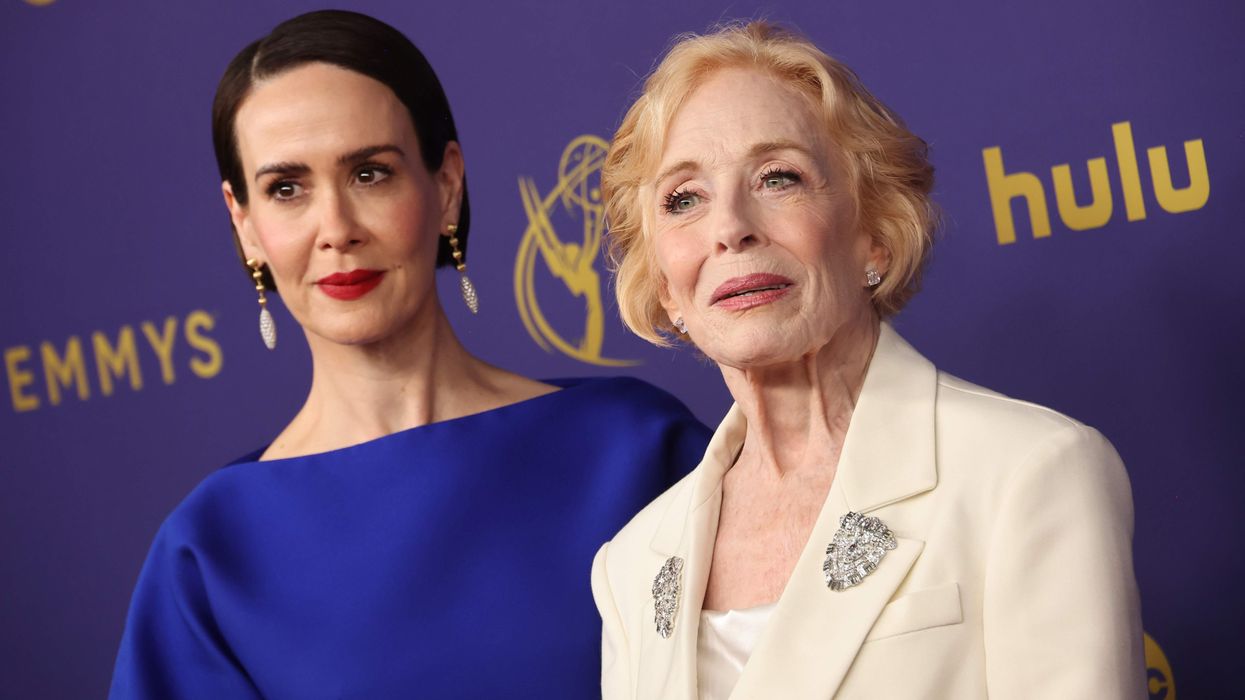




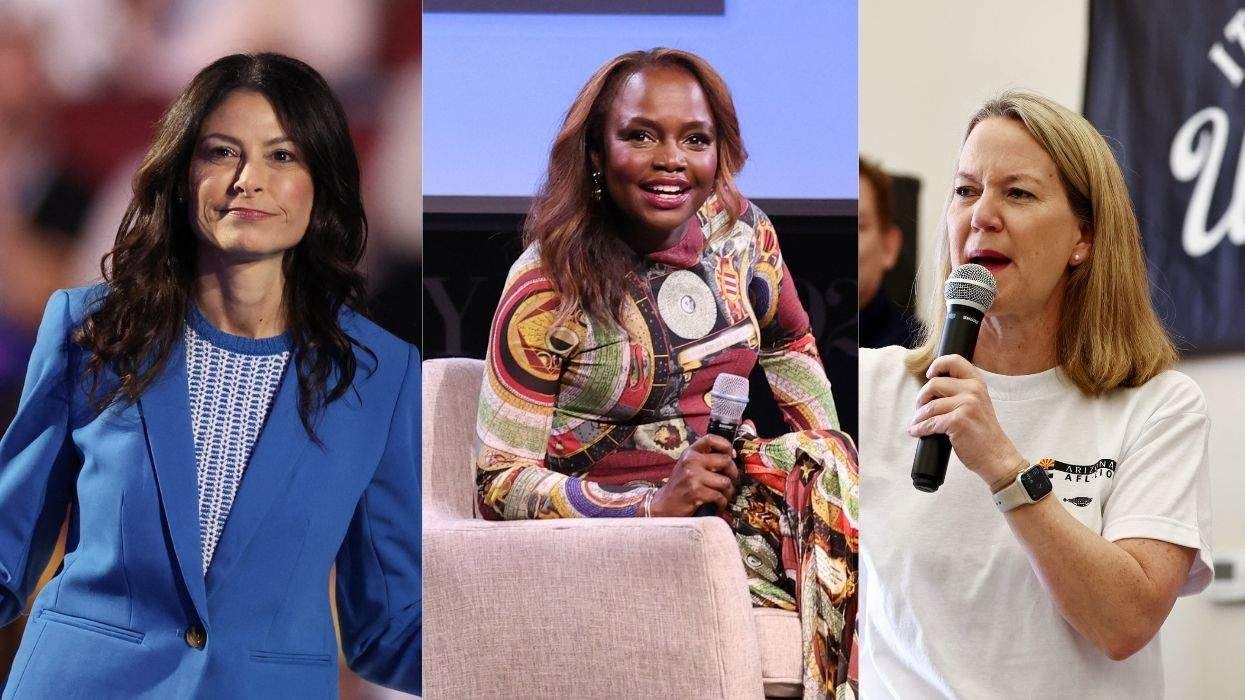





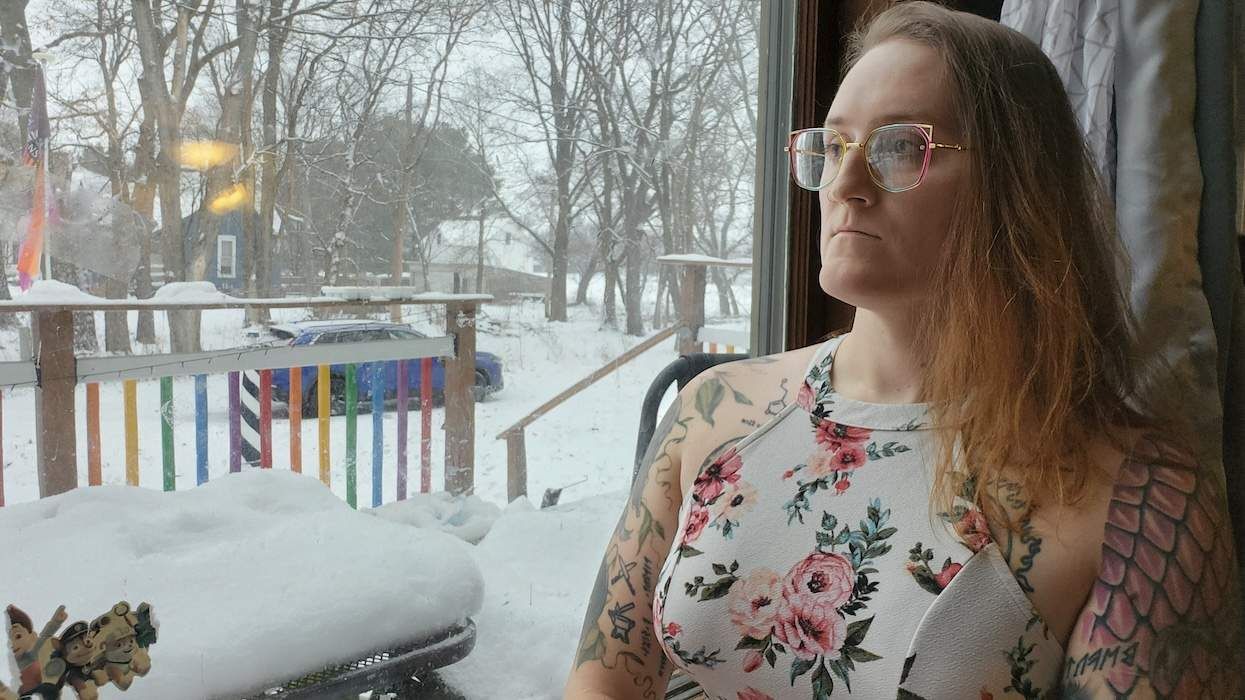

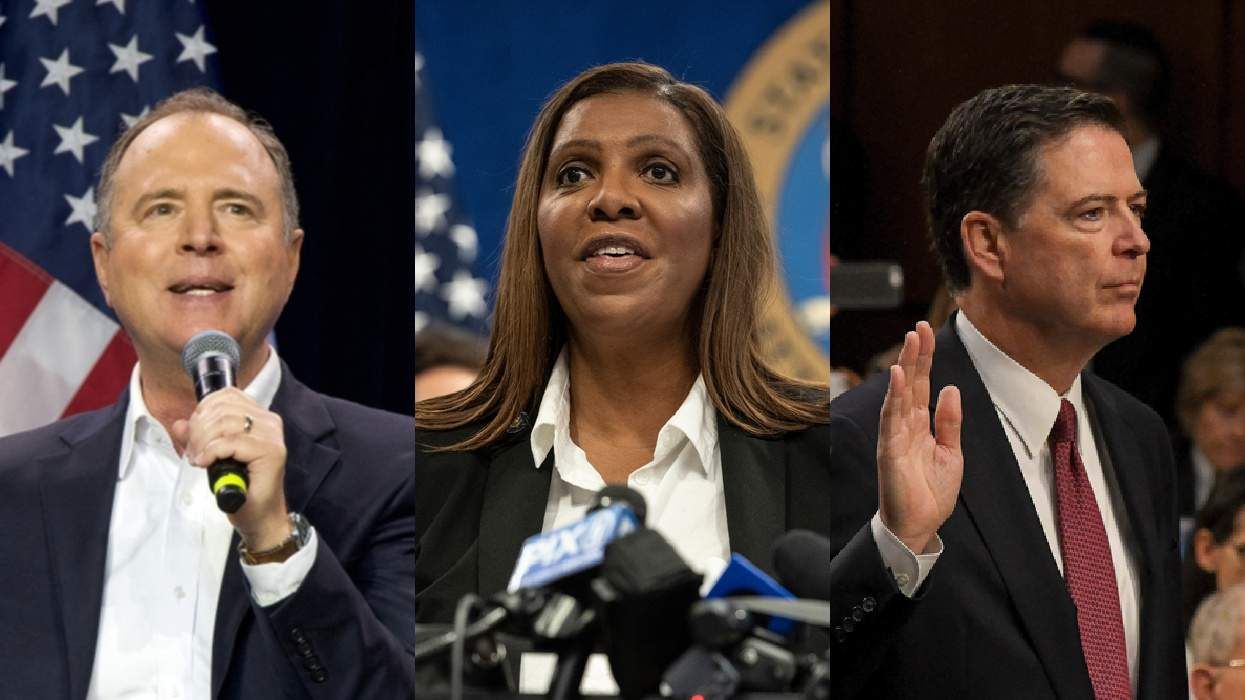

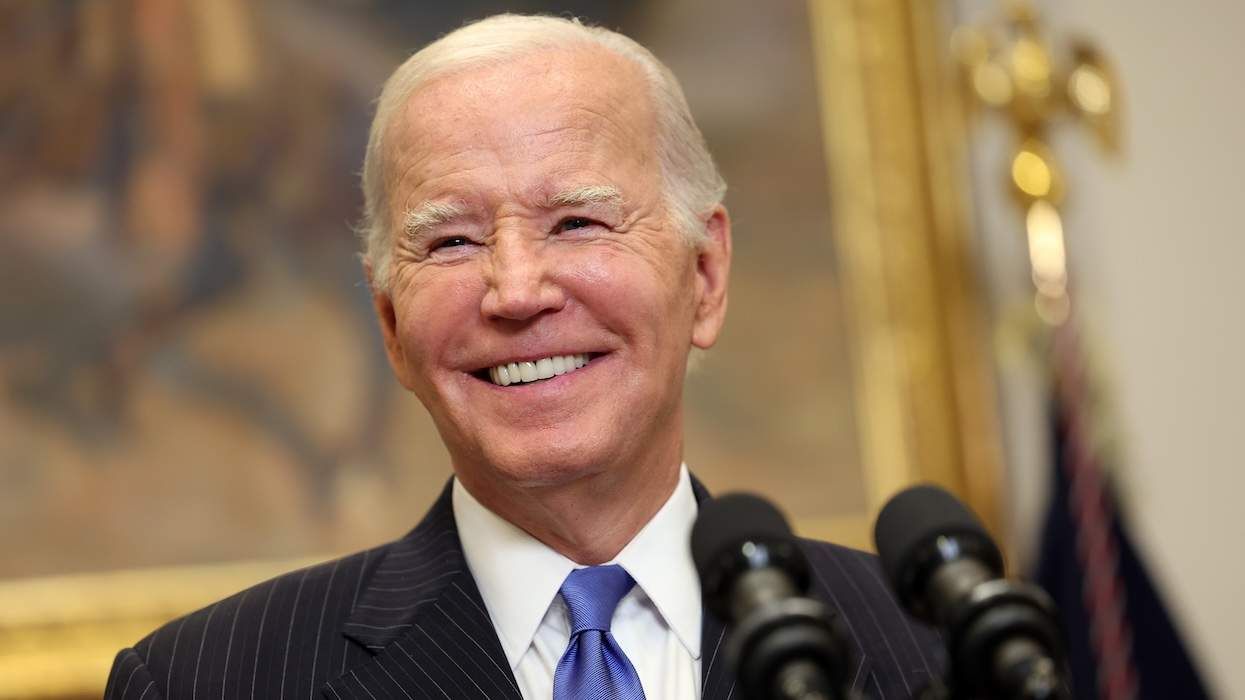
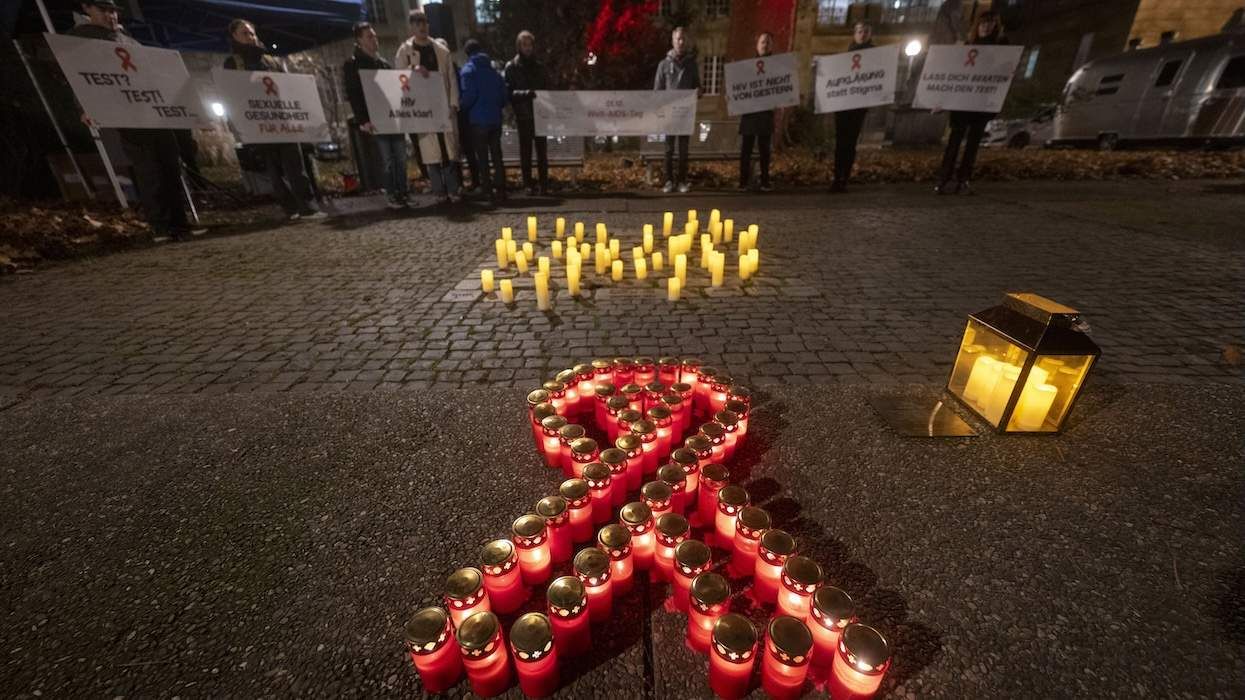










































Charlie Kirk DID say stoning gay people was the 'perfect law' — and these other heinous quotes